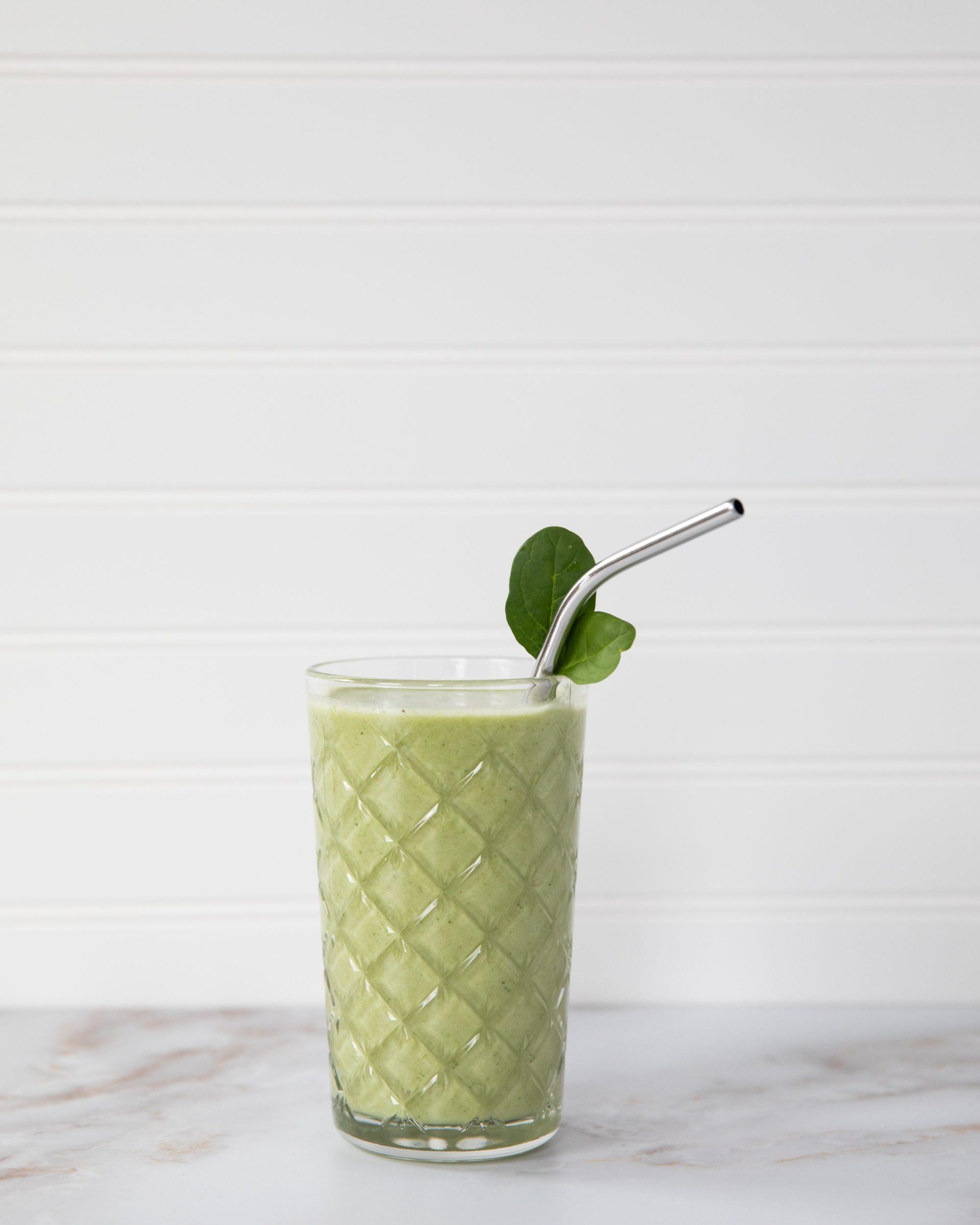Collagen has a ton of benefits that support multiple aspects of our health, including joint, gut and skin health. Incorporating collagen recipes into your diet may help to replenish depleted collagen stores from age and frequent exposure to toxins, environmental pollutants, excessive sun, high sugar intake, and smoking. Here are a few of our favorite collagen recipes.
Get the expert info on the health benefits of collagen, plus simple ways to add more collagen to your diet.
Add Collagen-Rich Bone Broth to Your Diet
Our ancestors ate a collagen-rich diet by consuming whole animal parts, including the skin, tendons, and ligaments of the animals they ate. Unfortunately, most modern diets have strayed pretty far from this way of eating and most of our diets are seriously lacking in good sources of collagen. While eating more collagen is good for us, eating more animal parts is not the most appealing concept. Thankfully, there are a few other ways to get more collagen in your diet without having to chew on a chicken bone!
Bone broth is made from slow cooking animal bones, tendons and ligaments with filtered water, vegetables, fresh herbs and other seasonings. This cooking method releases collagen and a ton of other key nutrients from the collagen-rich animal parts into a delicious broth.
While you can make bone broth with any animal protein, most collagen recipes use fish, beef and chicken bone broth. Each type of bone broth has its own set of benefits. For instance, fish bone broth has the most bioavailable form of collagen. Beef bone broth is especially good for your skin and gut. Chicken bone broth is great for joint health. Make sure your bone broth comes from animals that are grass-fed, pasture raised, free-range, antibiotic and hormone/chemical free!
Bone broth is great on its own, however, it can also be incorporated into your favorite recipes in place of water or stock. We love using bone broth as the liquid base to cook grains, beans, soups, stews, and meats. It also helps to add nutrients and protein to savory dishes. Go ahead and make your own bone broth at home or buy a high quality pre-made bone broth. Some bone broth brands we like are:
If you live in New York City, grab some homemade bone broth at Springbone Kitchen and Brodo.
Add Collagen to Your Favorite Beverage
Adding hydrolyzed collagen (aka collagen peptides) to your favorite hot beverage is another easy way to boost your collagen intake. Hydrolyzed collagen is easy to digest and quickly absorbed after ingestion (2). It’s also high in the amino acids glycine and proline. These amino acids are essential for building new collagen in your muscles, bones, and gut.
When choosing a collagen supplement it’s really important to choose a product made from grass-fed, pasture raised, antibiotic-free animals. Below are a few of our favorite products. They are flavorless and odorless and can be added to any cold or hot liquid. We like to add collagen to our tea, matcha and coffee. Additionally, you can also add collagen peptides to your favorite recipes.
Give Your Favorite Recipe a Protein Boost with Collagen
Hydrolyzed collagen powder can be added to your favorite savory and sweet recipes to boost their nutrient and protein content. Here are a few of our favorite collagen recipes.
Sweet Collagen Recipes
Savory Collagen Recipes
Use Collagen Peptides Instead of Protein Powder
Vital Proteins collagen has 20 grams of protein per serving, making it a great option for a gluten-free, dairy-free protein powder in smoothies. This collagen powder is virtually tasteless and becomes thick and creamy when blended!
Here are some of our favorite smoothie recipes using collagen powder.
Add Collagen Pre- and Post-Workout
Collagen peptides can be consumed before and after your workouts to help maintain and restore protein in your muscles and joints.
Collagen is also great for preserving and building muscle mass before and after exercise. Not only is it a great source of protein, but it’s also high in the amino acid glycine. Glycine helps to form creatine in the body, a key protein for increasing muscle mass and improving athletic performance (3). As a result, collagen packets are a great addition to any beverage when you are exercising on the go.
REFERENCES
- Katta, R., & Desai, S. P. (2014). Diet and Dermatology: The Role of Dietary Intervention in Skin Disease. The Journal of Clinical and Aesthetic Dermatology, 7(7), 46–51.
- Asghar, A., & Henrickson, R. L. (1982). Chemical, biochemical, functional, and nutritional characteristics of collagen in food systems. S.l.: Academic Press.
- Hoffman, J. R., Ratamess, N. A., Kang, J., Mangine, G., Faigenbaum, A. D., & Stout, J. R. (2006). Effect of Creatine and β-Alanine Supplementation on Performance and Endocrine Responses in Strength/Power Athletes. Medicine & Science in Sports & Exercise,38(Supplement). doi:10.1249/00005768-200605001-01454






